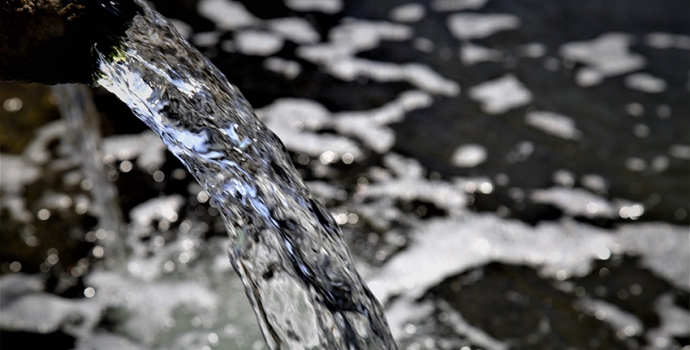
The announcement of World Water Day defines wastewater as “water from our homes, cities, industry and agriculture that flows back to nature polluting the environment and losing valuable nutrients and other recoverable materials”.
The International Center for Biosaline Agriculture (ICBA), a Partner in GFAR, evaluates alternative water sources, including treated household wastewater, seawater, groundwater and industrial produced water for agriculture. Instead of waste products, ICBA sees this water as a ‘valuable resource’.
In 2013, ICBA launched with its local partners an initiative called benefits and risks of using treated municipal wastewater for agriculture production. In the United Arab Emirates (UAE), the water supply from the treated municipal wastewater is about 600 MCM (Million Cubic Meters). This is 12 percent of the total water supply and all of it is treated at the tertiary level.
Seawater can be treated to provide low-salinity water, which provides the urban areas in the UAE and other Gulf countries with domestic water. Saline groundwater can be treated with small-scale reverse osmosis or nano-filtration units to provide good quality water at family and farm level.
Read the full story and watch the video to learn about other approaches ICBA is using to harness the valuable resource of waste water, including the reuse of brackish water and sea water through screening, evaluating and domesticating halophytes (highly salt tolerant vegetation) for food and bioenergy.
